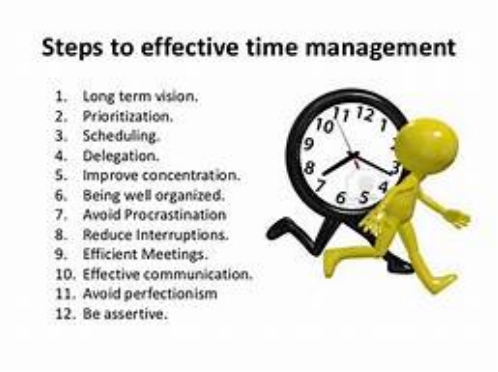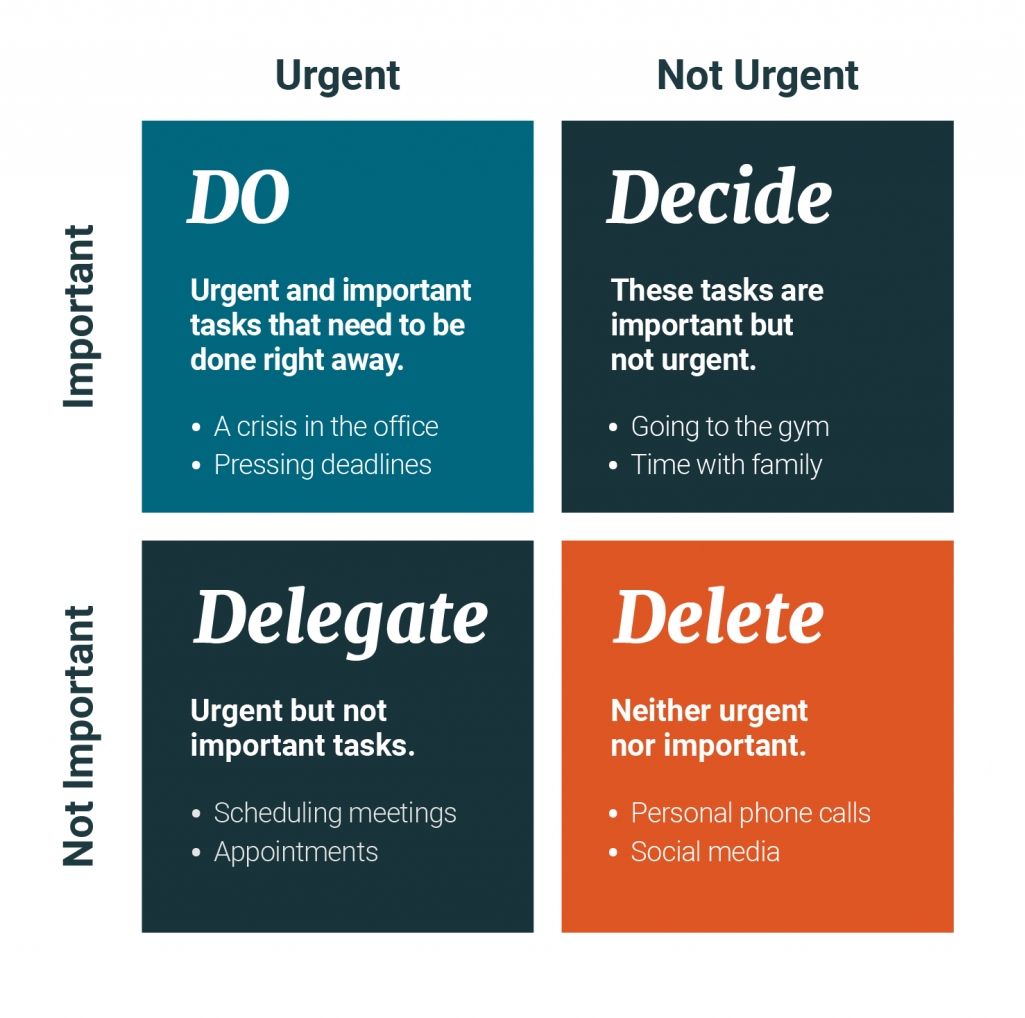On this website I use the Transactional Analytic (TA) model to point at some safe experiments on how to organise our time.
I’d suggest you visit these other pages to consider the safe experiments on offer.
How come? Because some conventional time management experiments rely on ‘telling’ you things. Before you are ‘told’, I’d like you to have some preparation time to design the more personal nudges. Preparation time is need to ‘translate’ those more instructional examples into your own world.
Furthermore, this page is more concerned with specifics relating to management of our activities, pastimes and rituals, rather than equally important ways to withdraw from the world and/or allowing intimacy into it.
In my view, it helps to know something about those last two forms of time structure before organise all the 24 hours a day you have available!
What does Time Management involve?
This page considers, in brief form, some more conventional issues relating to time structure.
There is no need for me to offer a detailed background on the techniques of time management. The internet has many leads you can research. For a start, consider this page …. or something more home-grown in the UK from the National Health Service.
Relevant safe experiments in time management in your home and community
Conventional time management is focused on becoming more efficient. One website offers this advice:
“Time management techniques are a set of rules and principles you need to follow in order to be more productive and efficient with your time, make better and faster decisions, as well as accomplish more in less time and with less effort.”
Note the phrase: ‘you need to follow‘. Be alert to this phrase and consider who is telling you what you need? Is it really you, or is it some-one else?
Time management training tends to make assumptions about what is ‘good’ and ‘bad’ in the management of your time. Consider this illustration:

As you look at this illustration, consider what is delegation – is this feasible for you? What is ‘organised’ in the home, at work or when out with pals attending a community event? What is efficient to you may not be efficient to your boss at work, your childrens’ school, your own parents or even any life partner.
Maybe there are some interruptions that are desirable for some people, and improve the quality of life. I enjoy the occasional interruption when I am constructing this website!
So I am asking you: how is your own daily timetable helping you get what you want, and – on what way – is it stopping you get what you want?
This assumes we know what we want, so there are important safe experiments that may need to be considered BEFORE you divide up the day!
This page considers the obstacles to change in the first place. Then there is this page offering some Smart Objectives for moving toward change that you have identified – not some management consultant, or a boss at work.
A familiar safe experiment
Consider your present position. It may help to do that safe experiment, The Body Scan. It is intended to help you gather your thoughts, feelings and sensations, NOW, as you give some time, to time!
As you do the Body Scan, you will monitor some of your thoughts. Just notice that range of thoughts. When it helps to do so, write down whether the current issues in your life are, either:
important, or:
important and urgent, or :
pre-occupying your life, but NOT time bound.
Here is an illustration that helps make the point:

Time management itself revolves around choices — you decide what you need to do, when you need to finish something, and what tasks you need to tackle in order to reach your goals.
Other safe experiments
- Writing things down. Now this might seem like wasting time as you are making notes, and not acting on things. This website comments on making notes a good few times!
- Setting priorities: the whole point of the important/urgent exercise is that it is intended to help you identify the priorities. What should be done this afternoon, what needs attention tomorrow and what can wait to next month?
- Making judgements about how time is valued. What is your balance between priority tasks, routine tasks, stressful jobs and comfortable actions. This may help me just notice the tasks I avoid in order to motivate myself in a different way.
- Monitoring progress along your own scenic route in order to see any obstacles; maybe anticipating how the might be addressed. The safe experiment of ‘rehearsing’ can help here.
Taking some of these safe experiments can improve the choices available to you. Each one may improve your routines in a direction you want for yourself.
